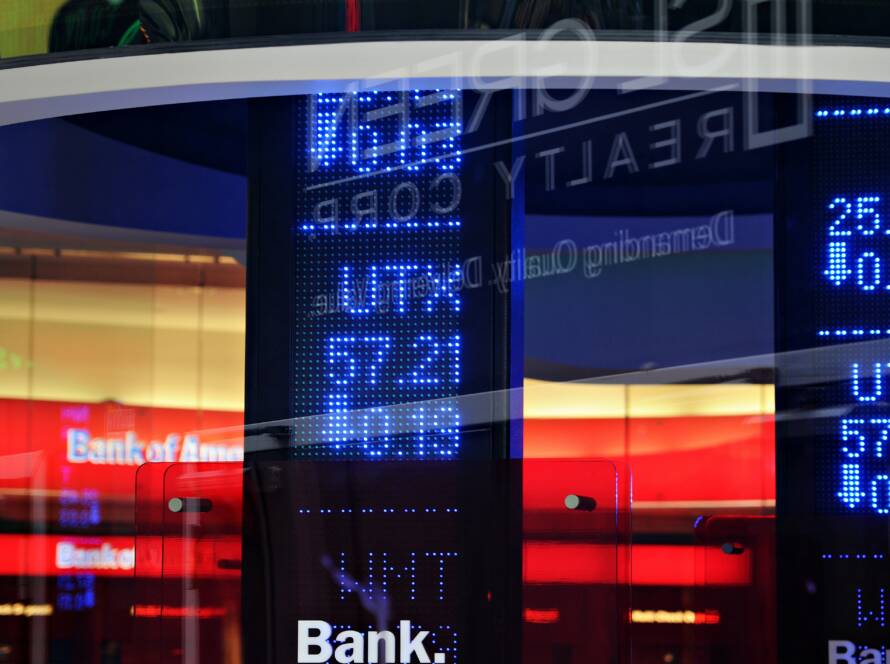Securities litigation is evolving to encompass a broader range of issues and challenges, reflecting the changing landscape of corporate governance, compliance, and investor expectations. Several trends have emerged in securities litigation, including cases related to cyber security, bribery and corruption, environmental disasters, and products causing health risks. Here’s an overview of these trends:
- Cybersecurity-Related Securities Litigation :With the increasing frequency and severity of cyberattacks, companies are facing greater scrutiny and legal action related to data breaches and cybersecurity incidents. Shareholders may allege that companies did not adequately disclose the risks associated with cyber threats or that they failed to implement sufficient security measures. Companies in sectors such as technology, finance, healthcare, and e-commerce are particularly vulnerable.
- Bribery and Corruption Cases : Securities litigation related to bribery and corruption is on the rise, partly due to stricter anti-corruption regulations and the extraterritorial reach of laws. This is growing under the influence of the U.S. Foreign Corrupt Practices Act (FCPA). Most European countries have adopted equivalent requirements in their legal system. Shareholders may file suits against companies accused of engaging in corrupt practices, seeking damages for financial losses incurred as a result of misconduct. These cases often involve multinational corporations with global operations.
- Environmental Disaster Litigation : Environmental disasters, such as oil spills, chemical leaks, and other ecological incidents, can lead to securities litigation when shareholders claim that companies failed to disclose the environmental risks associated with their operations. Companies involved in extractive industries, energy production, and chemical manufacturing are particularly susceptible to such claims. Environmental, social, and governance (ESG) concerns play a significant role in these cases.
- Products Causing Health Risks : Companies that manufacture and distribute products, especially pharmaceutical and healthcare companies, are facing an increasing number of securities lawsuits related to products causing health risks. Shareholders may allege that companies concealed information about the safety and efficacy of their products, resulting in financial losses when issues come to light.
- Environmental and ESG Disclosure Lawsuits :A broader trend in securities litigation involves claims related to environmental and ESG disclosures. Shareholders are increasingly concerned about how companies report their environmental impacts, sustainability efforts, and corporate social responsibility. Companies that make misleading statements or omissions regarding their ESG initiatives or environmental practices can face legal action.
- Class Action Lawsuits and Globalization : Securities litigation cases, especially those related to global issues like cybersecurity, bribery, and environmental disasters, are increasingly taking on a global dimension. With multinational companies involved in complex global operations, lawsuits can span multiple jurisdictions, creating legal challenges for all parties involved.
- Stricter Regulatory Enforcement : Regulatory authorities, such as the U.S. Securities and Exchange Commission (SEC), and as the French AMF, have become more vigilant in enforcing securities laws and regulations. This can lead to increased investigations and enforcement actions against companies, making it more likely for private securities litigation to follow in the wake of regulatory actions.
- Increased ESG Awareness : As environmental, social, and governance (ESG) factors become a more prominent consideration for investors, companies that do not meet ESG expectations may be at risk of shareholder litigation. Failure to adequately disclose or meet ESG-related commitments can lead to legal challenges.
In summary, securities litigation is expanding beyond traditional issues to include a wide range of modern challenges, reflecting the growing importance of ESG, cybersecurity, and corporate responsibility in the business world. As companies face evolving risks, they must prioritize transparency, accurate disclosure, and effective risk management to mitigate the potential legal and financial consequences associated with these emerging trends in securities litigation.


